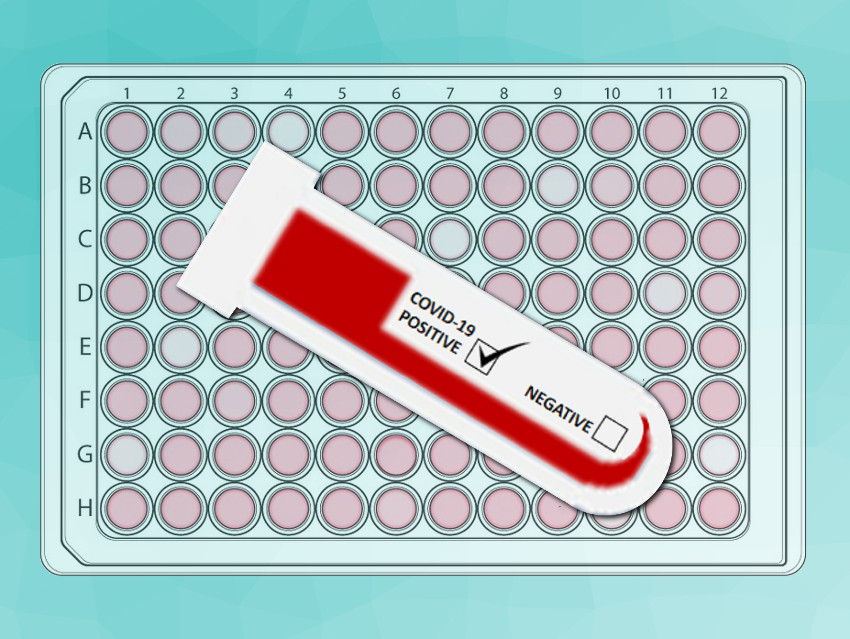The COVID-19 pandemic is caused by the coronavirus SARS-CoV-2. Testing for the disease usually involves detecting the genetic material of the virus, using tests that rely on a reverse transcription polymerase chain reaction (RT-PCR) to multiply the virus RNA. However, this process has a limited throughput due to long test times, finite laboratory capacity, and comparatively high costs.
Increased testing capacities could help to curb the pandemic by allowing a more comprehensive screening of asymptomatic and pre-symptomatic persons. One approach to solve this problem is group- or pooled testing, where several samples are combined and tested only once. Usually, after a positive result is found in such a pool of samples, each contributor needs to be tested separately in a second round to identify the infected patients.
Noam Shental, The Open University of Israel, Ra’anana, Angel Porgador, Ben-Gurion University of the Negev, Beersheba, Israel, Tomer Hertz, Ben-Gurion University of the Negev and Fred Hutch Cancer Research Center, Seattle, WA, USA, and colleagues have developed a method which identifies all positive subjects within a large set of samples using a single round of testing. The team calls the approach P-BEST, for Pooling-Based Efficient SARS-CoV-2 Testing. They collect patient samples and assign each of these samples to multiple testing pools using a specific combinatorial strategy. The pools are then tested and a detection algorithm identifies positive carriers based on the results of all pools without a second testing stage.
In this work, the team divided 384 samples into only 48 pools, leading to an eight-fold increase in testing efficiency. Each sample appears in exactly six pools, which allowed the algorithm to determine the likely positive patients from the test results of all pools without additional testing. The algorithm can be configured on the basis of the COVID-19 prevalence. The lower the carrier rate, the higher the efficiency that can be achieved without a loss in accuracy. The method is ideally suited for monitoring large groups with low infection rates in a fast and cost-effective way.
- Efficient high-throughput SARS-CoV-2 testing to detect asymptomatic carriers,
Noam Shental, Shlomia Levy, Vered Wuvshet, Shosh Skorniakov, Bar Shalem, Aner Ottolenghi, Yariv Greenshpan, Rachel Steinberg, Avishay Edri, Roni Gillis, Michal Goldhirsh, Khen Moscovici, Sinai Sachren, Lilach M. Friedman, Lior Nesher, Yonat Shemer-Avni, Angel Porgador, Tomer Hertz,
Sci. Adv. 2020.
https://doi.org/10.1126/sciadv.abc5961
Also of Interest
- Collection: SARS-CoV-2 Virus
What we know about the new coronavirus and COVID-19 - Clever Picture: COVID-19 Specific Testing,
ChemViews Mag. 2020.
https://doi.org/10.1002/chemv.202000033
Picture describes how coronavirus testing works




